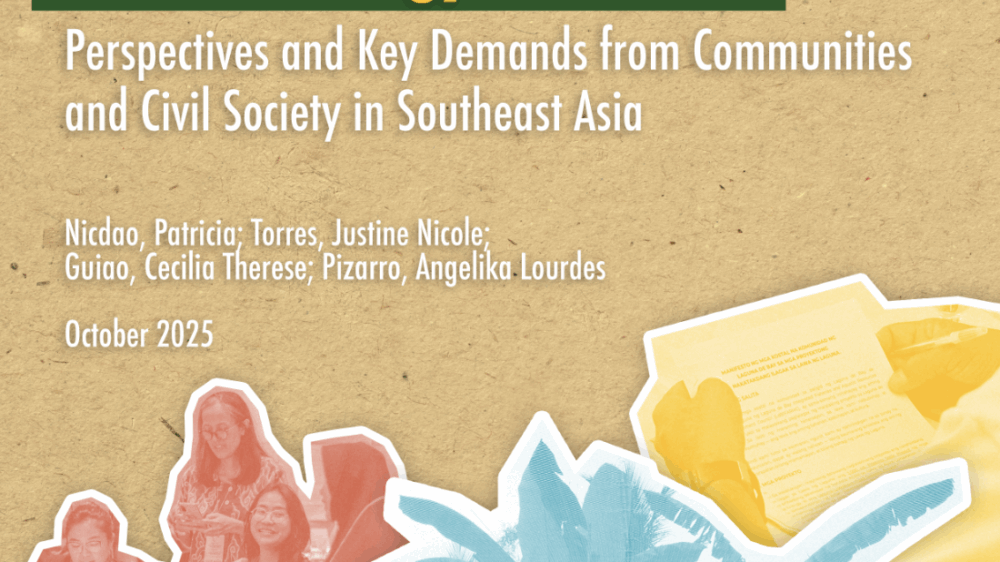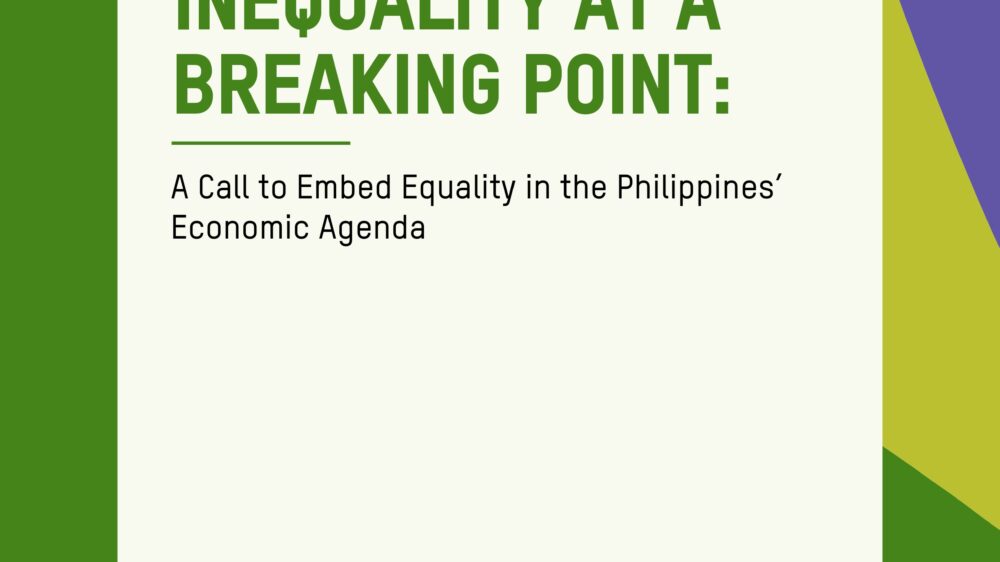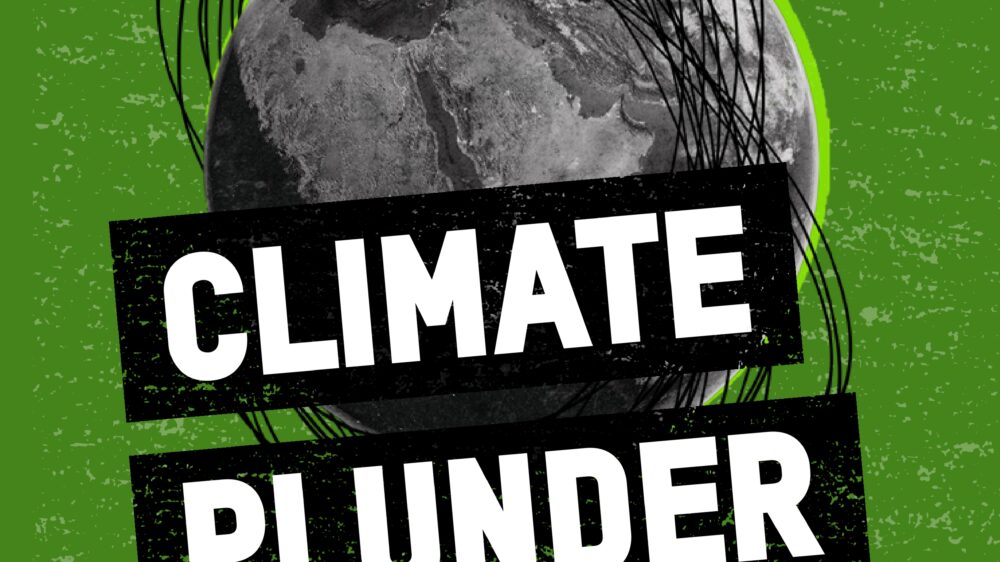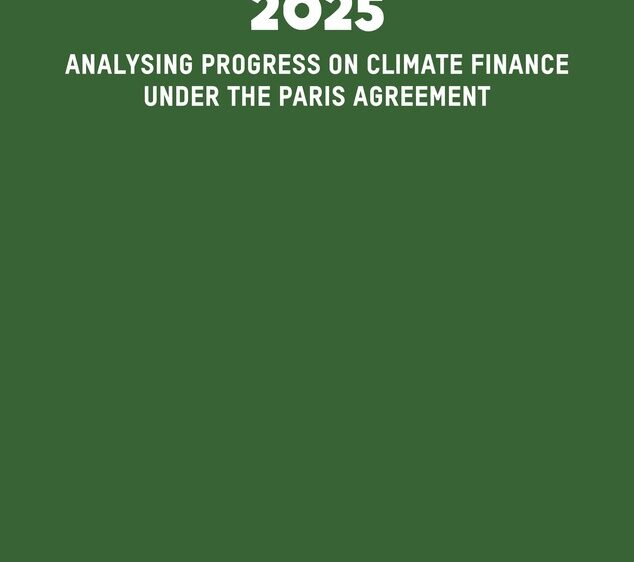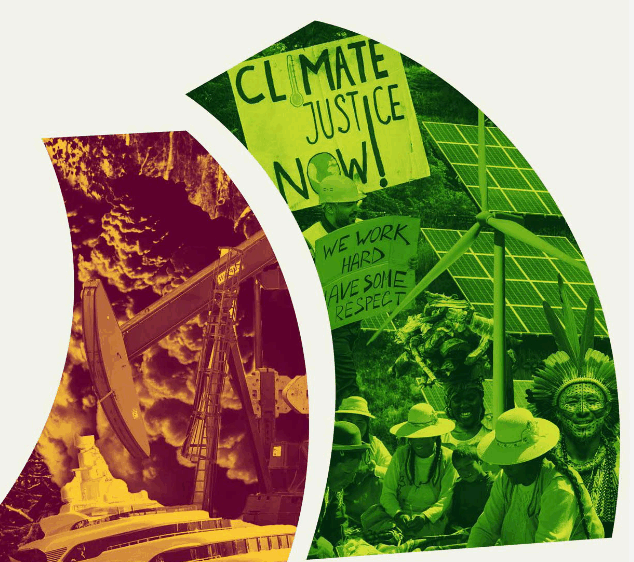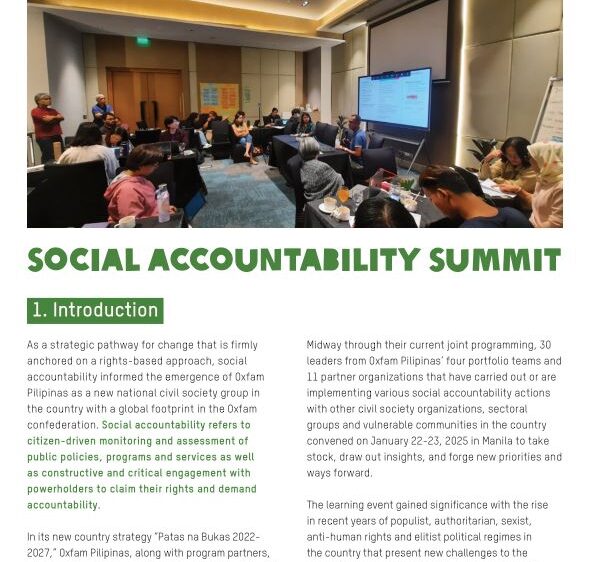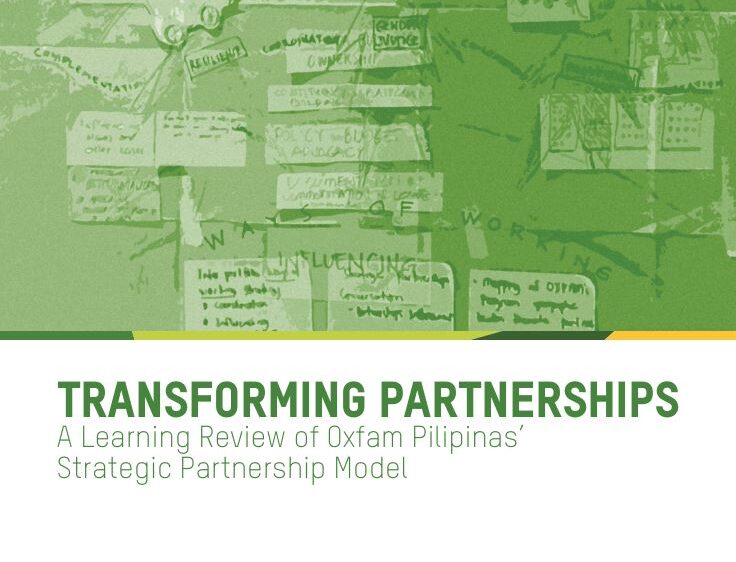Research
Socially Accountable Governance in Just Energy Transition (Interactive)
This report examines progress, gaps, and opportunities that exist in the intersections of governance, justice, and energy transition in Southeast Asia by examining the role of Social Accountability (SAcc) in utility-scale energy transition projects. Download this compressed interactive copy. The report is also available in full resolution and through an executive summary.
Socially Accountable Governance for Just Energy Transition
This report examines progress, gaps, and opportunities that exist in the intersections of governance, justice, and energy transition in Southeast Asia by examining the role of Social Accountability (SAcc) in utility-scale energy transition projects.
Inequality at a Breaking Point: A Call to Embed Equality in the Philippines’ Economic Agenda
This policy paper examines the persistent issue of inequality in the Philippines and underscores the urgency of integrating equality into the country’s economic agenda. The paper critiques the conventional thinking of having economic growth as a primary strategy for reducing inequality.
Climate Plunder: How a powerful few are locking the world into disaster
The report, Climate Plunder: How a powerful few are locking the world into disaster, presents extensive new updated data and analysis which finds that a person from the richest 0.1% produces more carbon pollution in a day than the poorest 50% emit all year. If everyone emitted like the richest 0.1%, the carbon budget would be used up in less than 3 weeks.
Climate Finance Shadow Report 2025: Analysing progress on climate finance under the Paris Agreement
The Climate Finance Shadow Report presents analysis of North-South climate finance flows and assessing progress towards the $100 billion commitment to inform climate finance under the New Collective Quantified Goal (NCQG). Oxfam reported on the progress of this commitment in 2016, 2018 and 2020 and 2023. This year’s report, which is co-published by Oxfam and […]
Unjust Transition: Reclaiming the energy future from climate colonialism
The global energy transition stands at a pivotal moment: it can either dismantle the inequalities driving the climate crisis or deepen them. Today, the transition risks reproducing patterns of extractivism and exploitation, with the most marginalized paying the highest price while elites profit. From transition mineral mining to debt burdens and unequal energy access, the […]
Oxfam Pilipinas Learning Brief: Social Accountability Summit
As a strategic pathway for change that is firmly anchored on a rights-based approach, social accountability informed the emergence of Oxfam Pilipinas as a new national civil society group in the country with a global footprint in the Oxfam confederation. Social accountability refers to citizen-driven monitoring and assessment of public policies, programs and services as well as constructive and critical engagement with powerholders to claim their rights and demand accountability. Midway through their current joint programming, 30 leaders from Oxfam Pilipinas’ four portfolio teams and 11 partner organizations that have carried out or are implementing various social accountability actions with other civil society organizations, sectoral groups and vulnerable communities in the Philippines convened on January 22-23, 2025 in Manila to take stock, draw out insights, and forge new priorities and ways forward. This learning brief outlines key discussion points, insights, and agreed ways forward.
Communiqué: Oxfam Pilipinas’ 6th MELSA Bootcamp
This communiqué reports on the 6th in-person MELSA Bootcamp that took place in Quezon City, Philippines on February 26-27, 2025, and which provided a significant opportunity for Monitoring, Evaluation, Learning, and Social Accountability (MELSA) officers and program focal points to engage in internal reflection and learning. As Oxfam Pilipinas prepares to integrate as a full affiliate of the Oxfam global confederation, the bootcamp concentrated on assessing the organization’s evolving MELSA systems and practices, drawing some valuable insights and lessons, and identifying key areas for enhancement in the coming years.
Transforming Partnerships: A Learning Review of Oxfam Pilipinas’ Strategic Partnership Model
This publication presents a learning review of Oxfam Pilipinas’ Strategic Partnership Model (SPM) that reflects on its experiences, challenges, and lessons from the past five years. It offers insights from Oxfam Pilipinas and its program partners on the evolving dynamics of development partnerships, local leadership, and transformative collaboration. The review aims to inform future strategic partnerships for impactful social change in the Philippines.
SHE RISES: Stories of change from people and communities of the Sexual Health and Empowerment project
Beyond the numbers, SHE Rises: Stories of Change captures stories of women finding their strength, men becoming allies, youth leading change, and health providers embracing inclusive care under the Sexual Health and Empowerment project. It highlights communities challenging harmful norms and systems, demonstrating that meaningful change is possible. Let us listen to their stories, honor their experiences, and carry forward the lessons from this remarkable journey.
